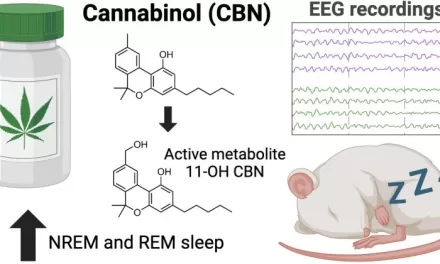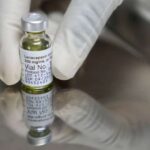In the modern era of consumerism, supermarkets and pharmacies are flooded with products promising to keep you “fresh” and “clean,” from deodorants to intimate washes and whole-body sprays. The latest to join this lineup are whole-body deodorants, designed for areas beyond the typical armpit—namely the feet and intimate zones. But the question arises: do we really need these products?
The premise behind these deodorants is that certain body parts are inherently dirty, needing special attention. However, this idea is misleading. The human body is an expertly designed biological system that self-regulates and keeps itself clean. The notion that we need these products for basic hygiene is rooted in marketing strategies, not science.
Self-Cleaning Systems in the Body
Vaginal Hygiene Myths
One of the most misunderstood areas when it comes to hygiene is the vagina. Despite the abundance of products like douches and scented wipes, these often disrupt the vagina’s natural ability to maintain balance. The vagina is self-cleaning, thanks to vaginal discharge, which flushes out bacteria and dead cells. Internal cleaning, such as douching, is unnecessary and harmful, increasing the risk of infections like bacterial vaginosis or yeast infections.
Vaginal Steaming Fallacy
Promoted as a wellness trend, vaginal steaming is said to “cleanse” or “revitalize” the uterus. However, there is no scientific evidence to back this claim. In fact, vaginal steaming can be harmful, and its popularity is rooted in a fundamental misunderstanding of anatomy.
While the vagina regulates its internal health, the vulval area does require some care. The skin on the outside, exposed to sweat, urine, and oils, benefits from gentle washing with warm water or mild soap.
Male Intimate Hygiene: Misleading Marketing
For men, the rise of intimate washes, sprays, and even “ball lotions” suggests the need for products that target their private parts. However, the scrotum, which regulates temperature for sperm production, is designed to sweat. It has eccrine sweat glands, which release odorless sweat to cool the area. The idea that these areas require special deodorizing products is, therefore, another fallacy, as excessive moisture can be managed with breathable fabrics, regular washing, and proper drying.
Feet: The Unsung Heroes of Sweat Regulation
Feet, often the target of deodorants and sprays, sweat to regulate temperature and reduce friction during physical activity. With around 250,000 sweat glands, they are designed to stay cool and avoid cracking. When feet sweat, the moisture helps prevent irritation and fungal infections, which can occur when feet are confined in warm, damp conditions.
Just like the scrotum, foot sweat is odorless when exposed to air but may develop odor when trapped in socks or shoes. The solution isn’t a deodorant spray, but rather daily washing, thorough drying, and breathable footwear to support the body’s natural cooling process.
Conclusion: Trust Your Body, Not the Marketing
If a company tries to convince you that your body is inherently unclean, it’s likely their marketing pitch—not your hygiene—that needs questioning. The body’s natural self-regulating systems—whether it’s the vagina, the scrotum, or the feet—are designed to keep us clean.
However, if body odor persists despite good hygiene practices, it might indicate an underlying medical issue. Such conditions deserve proper investigation and care, not a temporary masking solution with overpriced products.
Disclaimer: This article aims to provide information based on scientific understanding of human biology and hygiene. It is important to consult with a healthcare professional for personalized advice on hygiene or persistent health concerns.











